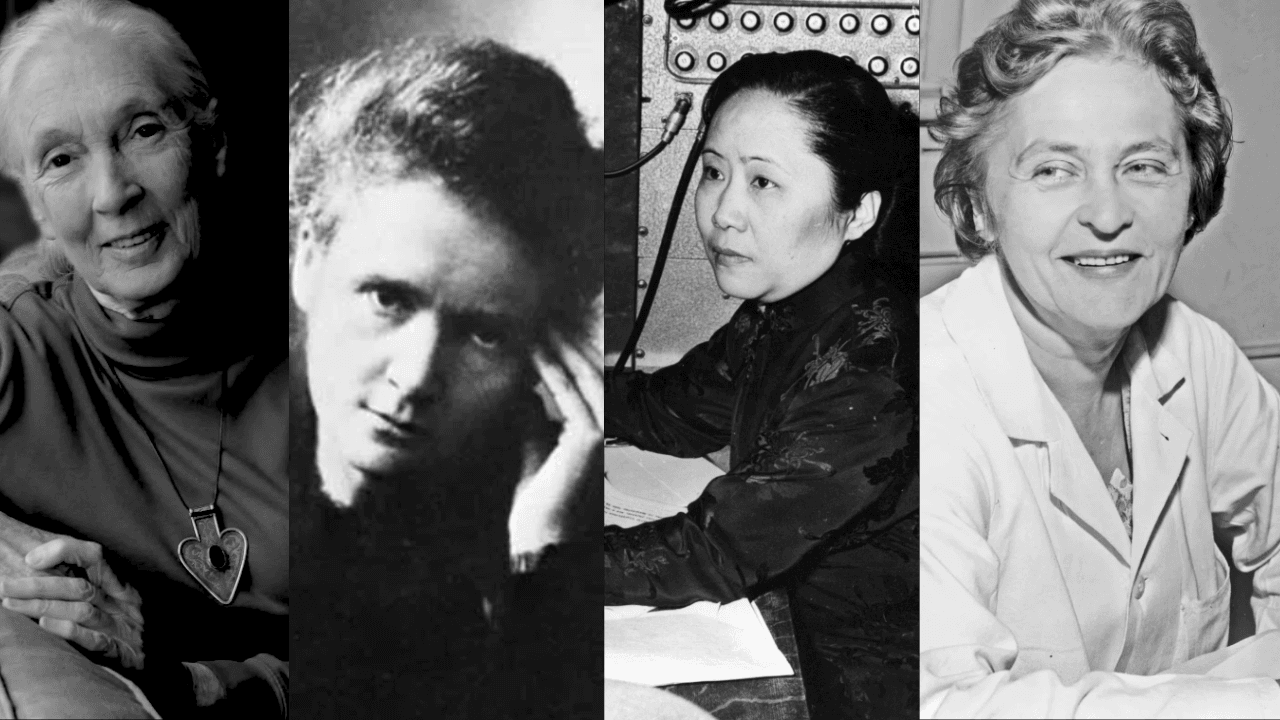Science's 'Male' Streak: How Feminism is Questioning Dominance

KARANCHI, Khyber Pakhtunkhwa: In a recent turn, feminist science has come up with a revolutionary theory, questioning the dominance of men in scientific disciplines. The concept seeks to examine how gender and power dynamics shape scientific knowledge.
The argument behind this criticism revolves around the fact that the natural sciences, including physics, astrophysics, chemistry, mathematics, etc., are predominantly male-dominated fields. However, researchers point out that when these male-dominated areas create their knowledge, feminine characteristics—being projected onto the natural world, for instance–are perceived by them; thus indicating a mediated approach on part of scientist. Here, subjectivity, though plays an important role but also not harmless.
Furthermore, it is argued that in scientific disciplines, the power to make significant choices often rests with men, ultimately leading to power imbalances. As pointed out earlier, knowledge is power and the idea suggests that science, although touted to be unbiased and objective, has a powerful role in perpetuating various hierarchies such as racism, sexism, etc., throughout society.
This feminist approach has drawn attention to deconstructing established scientific theories and questioning established norms by incorporating non-traditional research methodologies. This means not only questioning the existing scientific theories but also introducing new concepts like intersectionality which focuses on gender’s interaction with other social issues including class, races, sexualities etc., while working towards an inclusive science.
A leading figure among feminist scholars in this quest for a revised approach to science and knowledge-making is anthropologist Donna Haraway. In her seminal work, "Cyborg Manifesto," she raises questions about identifying the boundaries between humans and machines and questioning these boundaries that are often gender-based.
Another significant contribution came when Donna made known how reproductive health decisions are affected by technology. The study showed that women’s values do take precedence in such situations and thus challenging a patriarchal stance which had previously dominated these scientific methods.
These findings bring light to an exciting field of "feminist science" where researchers like Sandra Harding try to promote an approach towards making scientific knowledge inclusive of more viewpoints. An effort to break away from rigid thought patterns can sometimes seem daunting, but it’s up to those interested in the quest for a comprehensive understanding of this complex world that these new approaches hold hope.
In conclusion, recent findings demonstrate how important it is to integrate multiple perspectives into our scientific knowledge-making processes and thus pave the way towards creating more inclusive and equitable research practices. A better future will certainly be shaped by these groundbreaking discoveries and contributions from pioneers like Sandra Harding, Donna Haraway and Ruth Hubbard in their endeavors to promote gender inclusivity within the field of science.
